
If you know me, you know I am a fan of a big hike. Not a little walk in the park on the weekend, I’m talking 20km up the side of a mountain with my legs and lungs burning like fire. I find pleasure in the challenge of pushing my body out of its comfort zone and conquering tough routes. Plus, I genuinely think the best views come after the hardest climbs.
However, you can’t just climb a mountain tomorrow with no training. Well you could, but it would be a battering to your body and your recovery would be far from fun. Instead, it is best to build up your strength and stamina, to not only reduce the risk of injury but to make the whole experience of hiking more enjoyable. So here are my tips to help you do just that, below is an outline of the approach I personally take which allows me to feel more physically confident and comfortable tackling harder day hikes. Let’s do this!
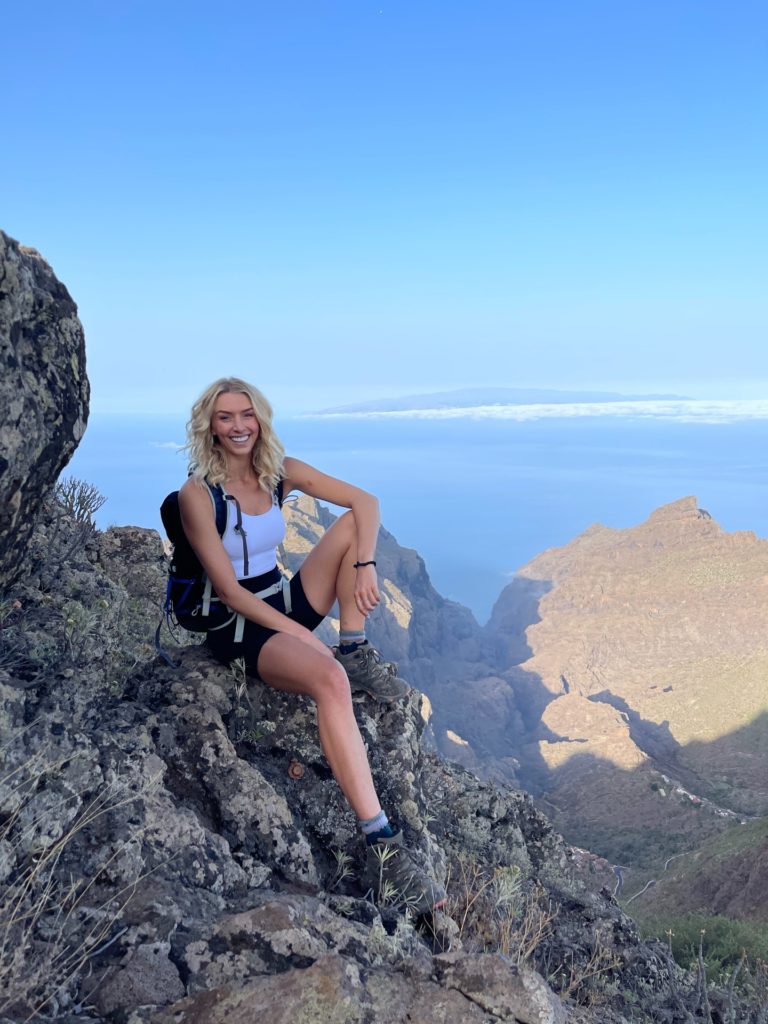
Now this may seem obvious, but you need to get the hours in on your feet. Not only does this help to build cardiovascular endurance but it helps your body adapt to the specific needs of hiking. For example, you will develop thicker skin on certain parts of your feet to help prevent blisters, plus your knee and ankle joints will become more accustomed to handling varied terrain. Start off with easier routes, working your way up to longer ones with more challenging terrains and larger elevation gains (in other words, more time spent hiking uphill).
When you go for your hikes make sure you’re wearing your gear you will be using on future harder routes. Put on your boots to make sure they’re worn in and don’t cause blisters. Bring your backpack and load it up, to build up your core strength so it can handle the weight. If you’re going to hike with poles, take those too to enable your upper body gets used to helping carry your load downhill.
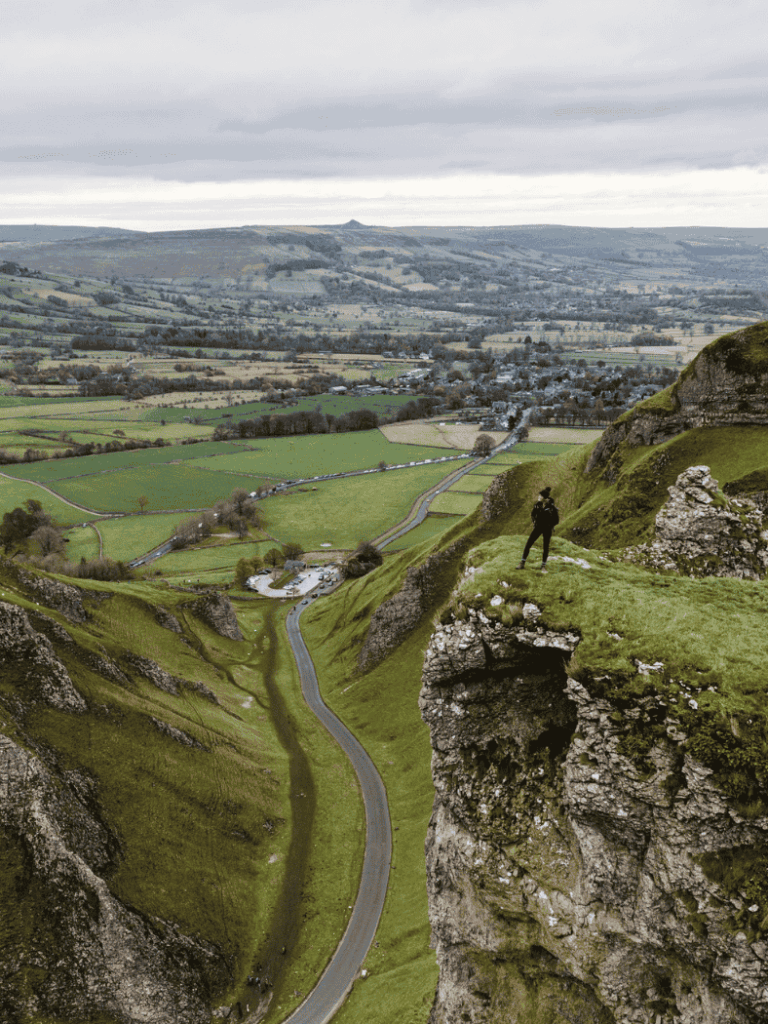
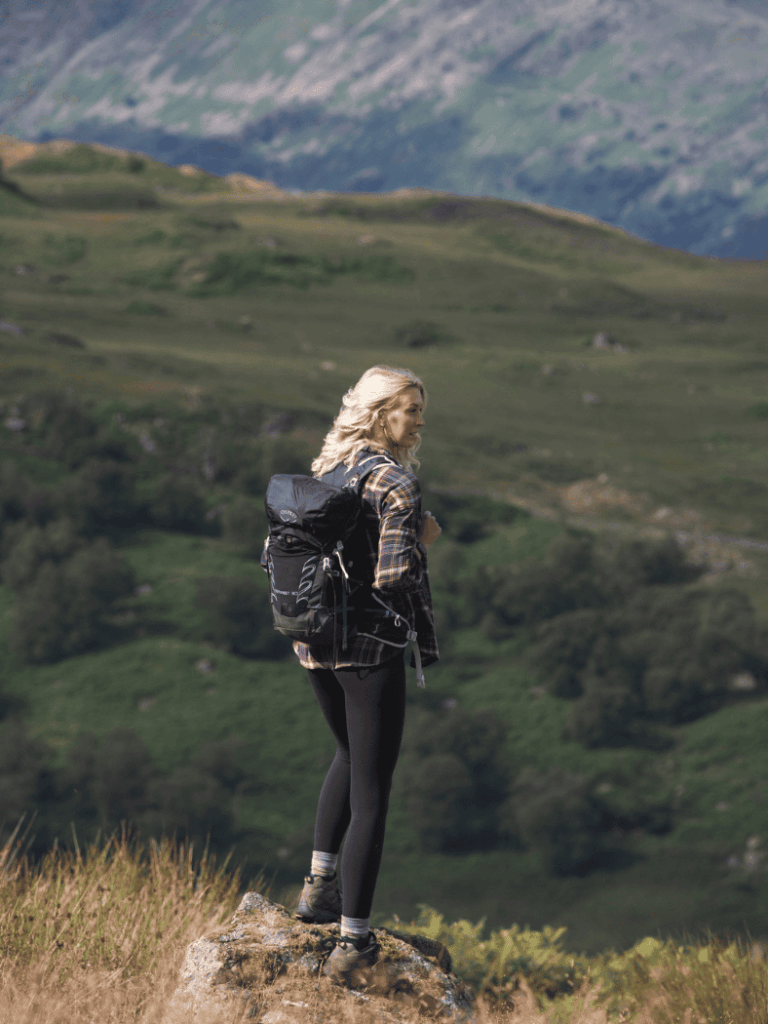
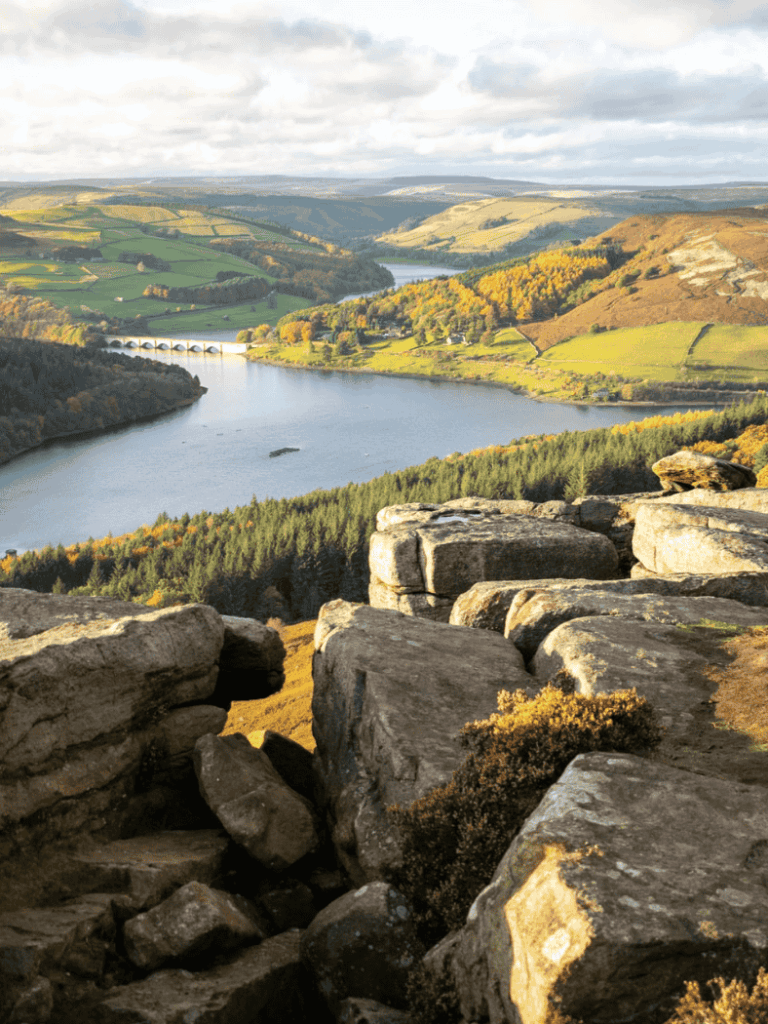
The reality is that most of us don’t have the time to be doing multiple long hikes per week, so it is important to incorporate other forms of cardiovascular training into our routines. Whether that’s going for runs or doing a HIIT class, any challenging cardiovascular workout will benefit your hiking capabilities by strengthening your heart and lungs, building valuable stamina.
Your fitness for hiking isn’t purely based on your cardiovascular endurance, you need to be strong too. You need powerful legs to carry you up mountains, a capable core to support your backpack and strong arms to support you as you come down using poles. Therefore, it is essential to include full body resistance training into your routine to reduce the risk of injury. One key thing to remember is to incorporate unilateral exercises into your lower body workouts. This means single leg movements like lunges and split squats. This helps to even out imbalances and strengthen key joints like your knees.
Don’t plough yourself into the ground and train every day as you’ll actually compromise your own results. Rest and recovery is essential to allow our bodies to build up the strength, power and endurance we need to climb mountains. So take at least one to two full rest days per week, and if you have the time then incorporate some recovery practices on these days such as stretching and mobility work. Why not try this full body stretch on my YouTube channel.
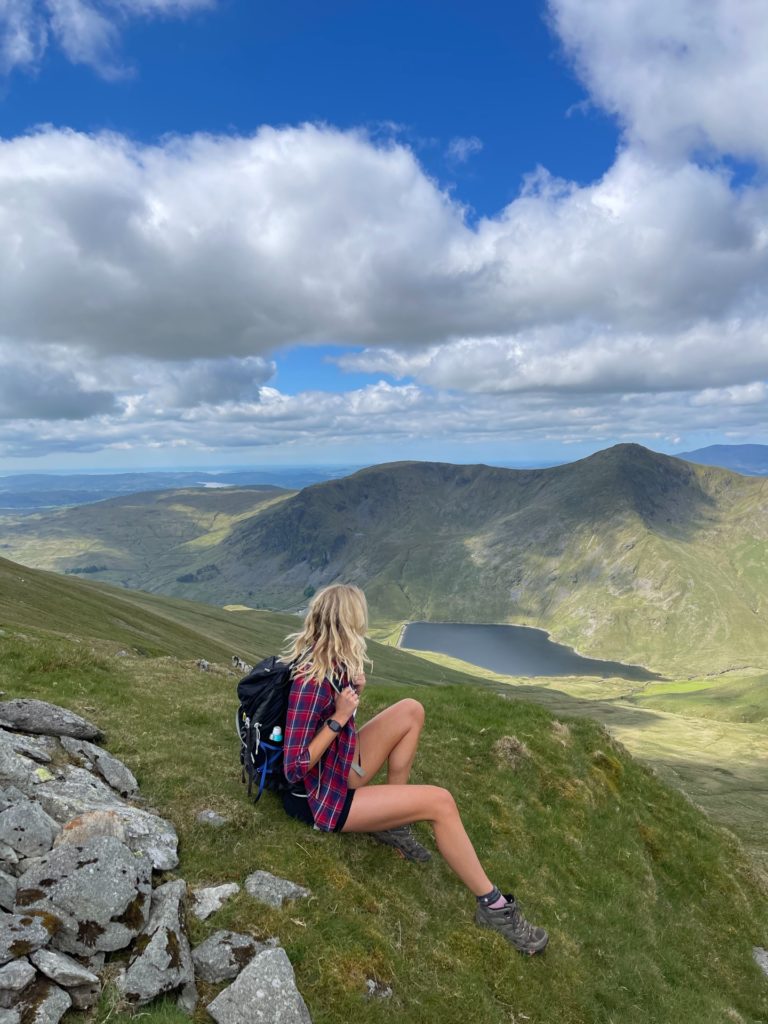
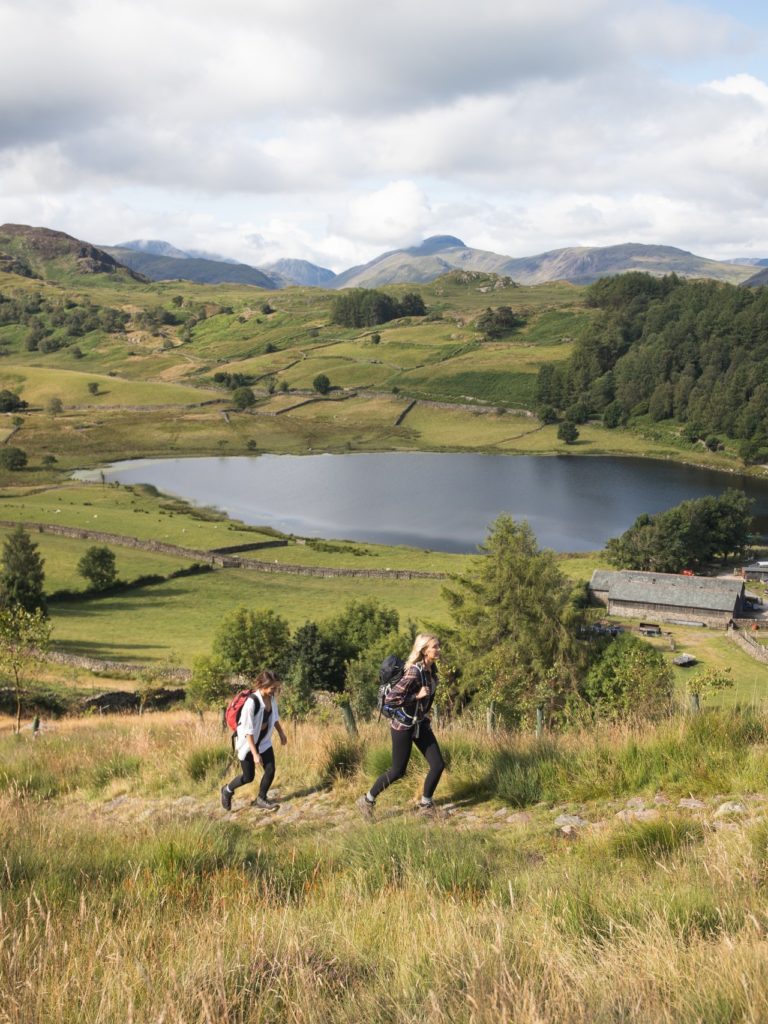
Bear in mind, this workout routine is optimised for long day hikes and climbing accessible mountains. This is not suitable for those taking on huge multi-day challenges at altitude, you will need specific training for adventures of that nature.
Monday: Lower body strength.
Tuesday: A HIIT class.
Wednesday: Rest.
Thursday: A run.
Friday: Upper body & core strength.
Saturday: Long hike.
Sunday: Rest.
Monday: Full body weights.
Tuesday: Rest
Wednesday: A run.
Thursday: Rest.
Friday: Full body weights.
Saturday: A long hike.
Sunday: Rest.
I hope these tips empower you to take positive steps to build your physical fitness and break boundaries with your body. I promise, the hard work will be so worth it when you’re looking at a stunning view from a mountain top.
Good luck and happy hiking!
Zanna x
Let me slide into your inbox. A monthly newsletter of all the good stuff – latest posts and videos, rants and rambles, recommendations and resources.
Website Designed by Brogan Daisy Digital © Zanna Van Dijk 2025